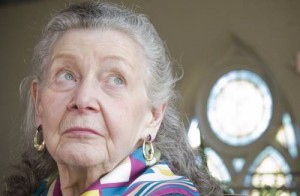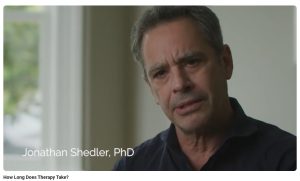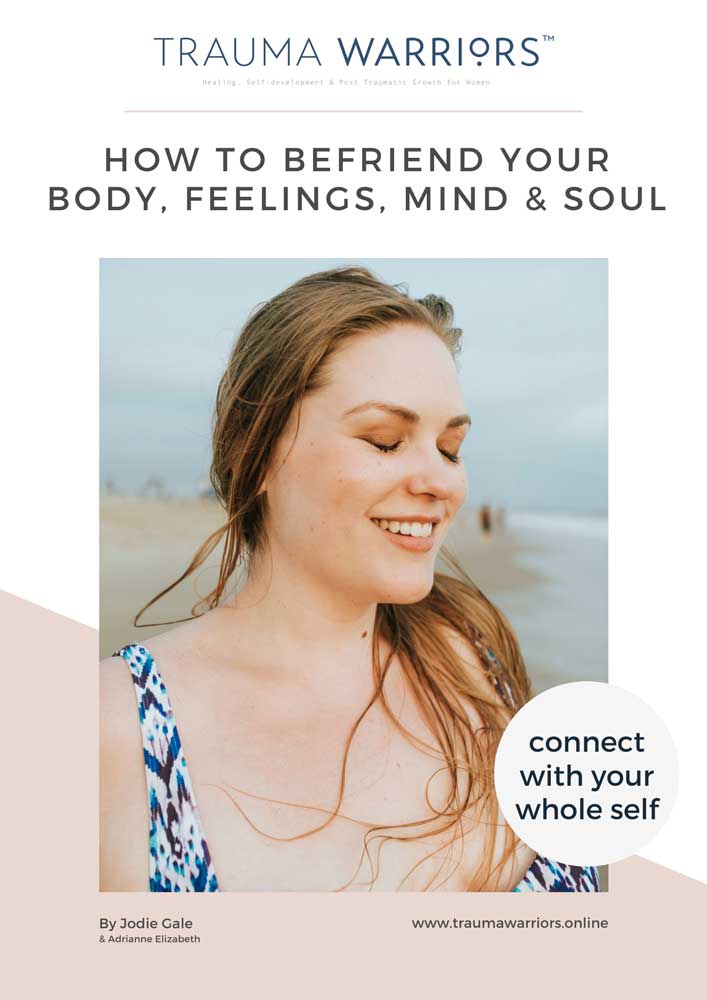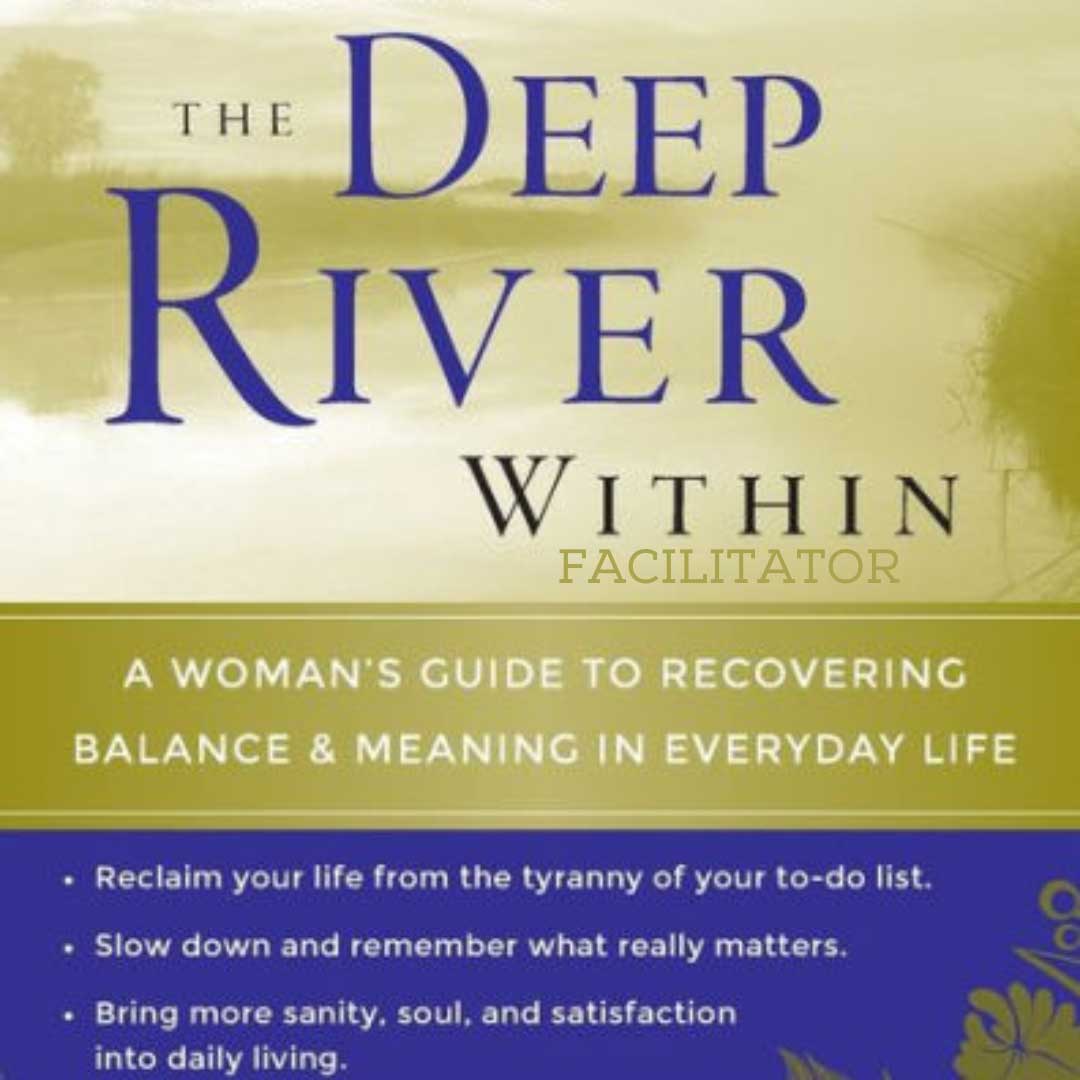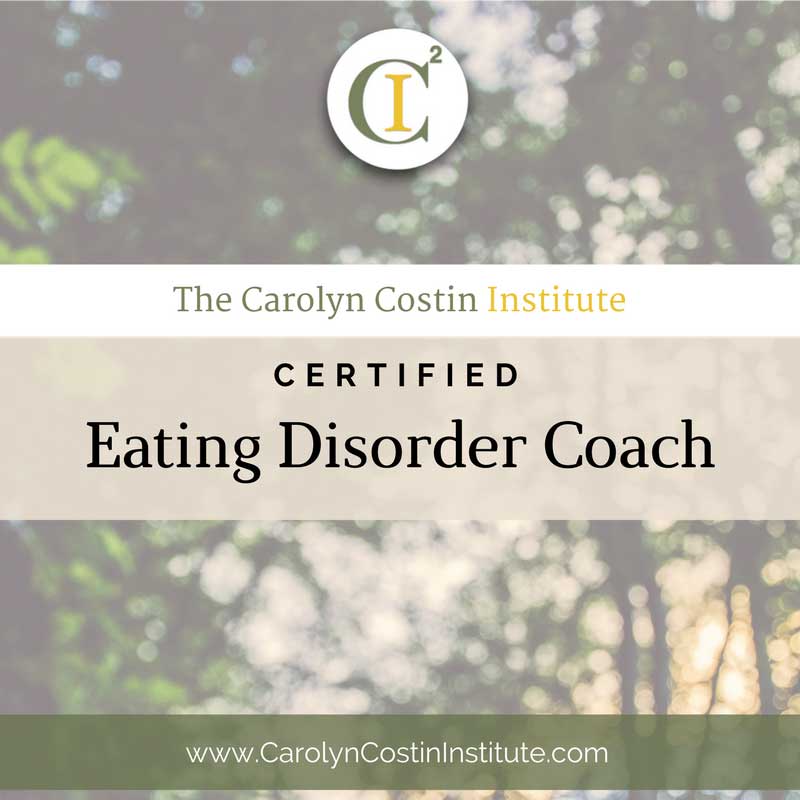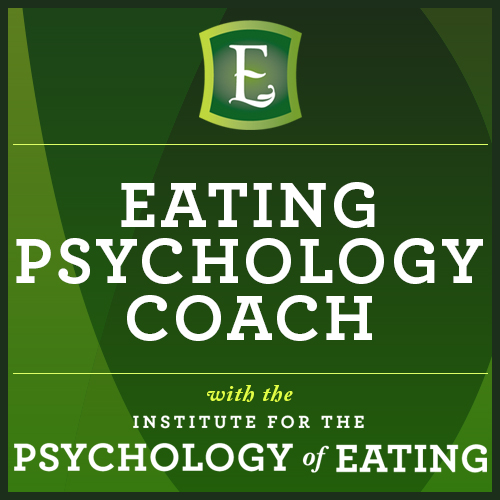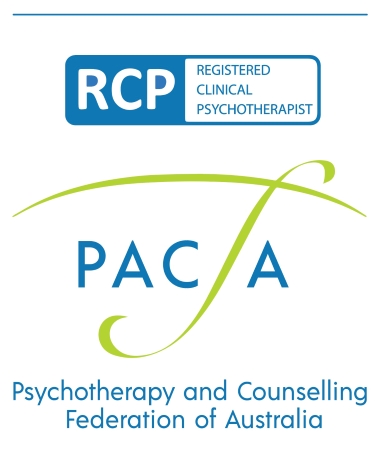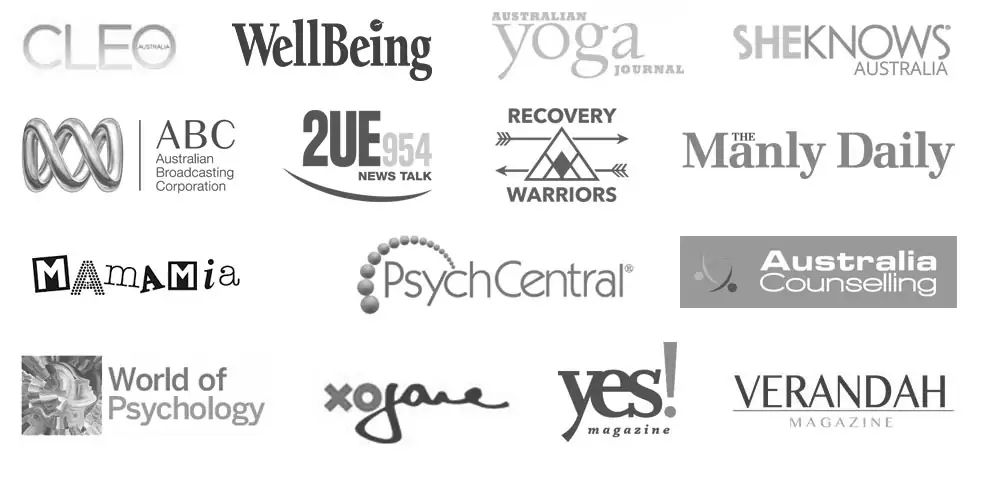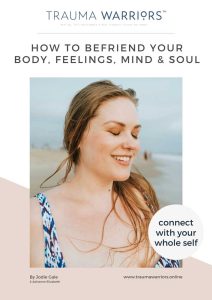In the below YouTube clip, Jungian analyst, Marion Woodman talks to us about how we see ourselves and how this determines what happens in our lives.
One of the biggest catastrophes in life is to not see ourselves as we truly are. When we don’t know our true nature, it is the cause of much suffering.
Anxiety, addiction, depression, eating disorders and relationship problems are just some of the concerns that are a consequence of poor self-worth and a lack of unconditional love for ourselves.
What I love most about psychotherapy, is the journey as we awaken to our true selves; the self-realisation of who we really are.
The process as the true self unfolds, is one that may take some time. In order to get our needs met, we may have been identified with and lived from a false self, or from one or more of our subpersonalities; for example, the survivor, people pleaser, perfectionist, victim, caretaker, mother, hero, freedom fighter or mystic.
Whilst the false self and our subpersonalities have served us in many ways (they may have helped us to survive early childhood wounding), there comes a time where they become limiting to our ongoing emotional, psychological and spiritual health and well-being.
Throughout the psychotherapy process, we internalise the empathic, unconditional, altruistic love that we experience from the therapist. We work through our conflicts which are often centred around, ‘longing to love and be loved, while being afraid to love and dreading being unlovable (Benson 2002).’
This teaches us how to love ourselves, feel ‘good enough’ and how to start living from our true nature. As we learn to love ourselves, we no longer need to use external sources or unhealthy relationships to mirror to us how ‘bad’ or ‘not good enough’ we are. We can start to choose that which is healthy and good for us.
Positive affirmations, behavioural and mindfulness techniques are useful tools for helping us on our journey towards self-love. But an experience of the empathic, therapeutic relationship is the key to providing long-term change. It is therefore crucial to find a therapist who is able to work at this depth.
About Marion Woodman
Marion Woodman was a Jungian analyst and one of the most widely read authors on analytical and feminine psychology of our time. With Mary Hamilton and Ann Skinner, she developed the Body/Soul Rhythms © workshops and retreats. ‘The BodySoul Rhythms® work holds that psyche and soma are inseparable, and must be worked on together to come to consciousness—to the positive feminine in our bodies and the positive masculine in our creative pursuits (Marion Woodman Foundation).’
References
Benson, Jarleth, 2002, ‘Gain, loss and change as journey and exploration in psychotherapy’, Institute of Psychosynthesis Handbook, 3
This blog is part of my Therapy Rocks! series.

